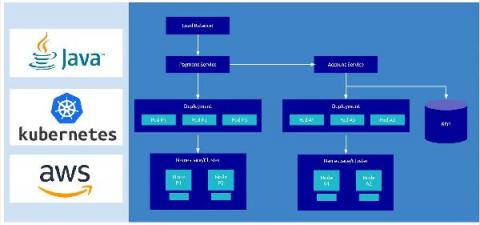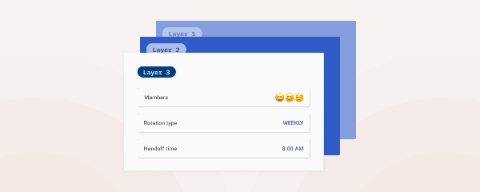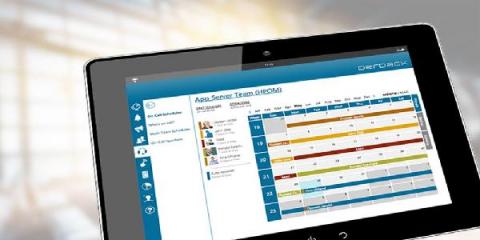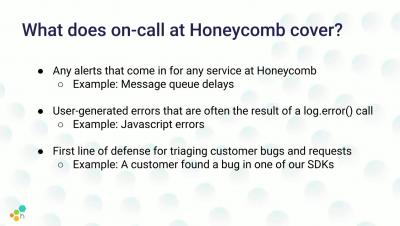Getting over on-call anxiety
You've joined a company, or worked there a little while, and you've just now realised that you'll have to do on-call. You feel like you don't know much about how everything fits together, how are you supposed to fix it at 2am when you get paged? So you're a little nervous. Understandable. Here are a few tips to help you become less nervous.











